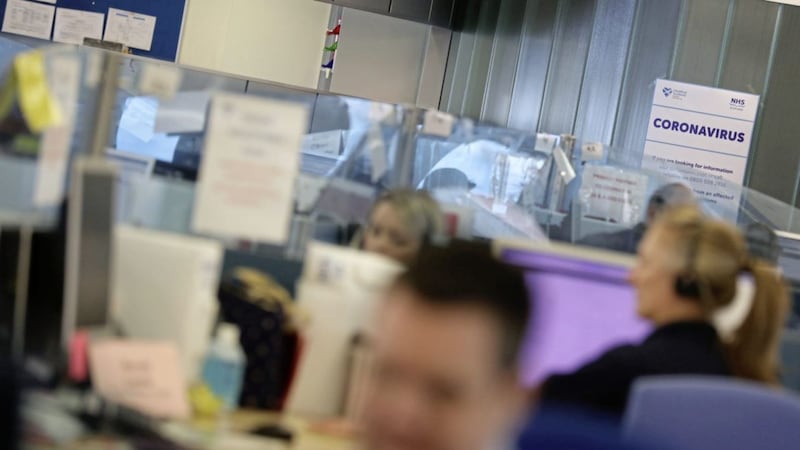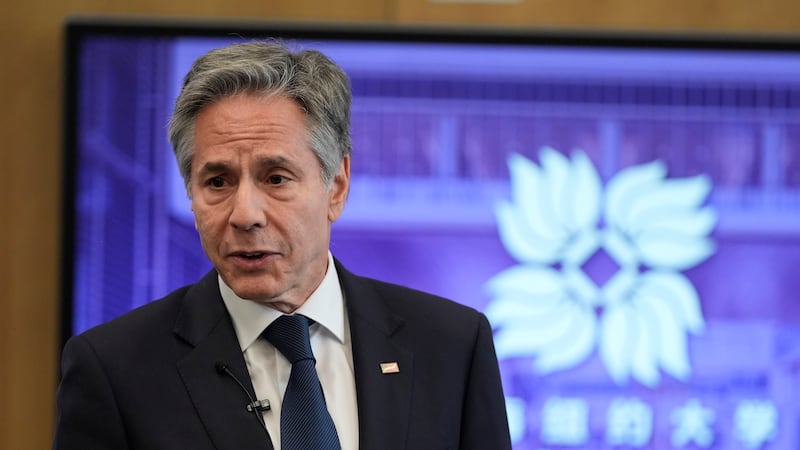THE Northern Ireland Executive has been urged not to "blindly follow" Westminster in diverging from `privacy-preserving' Covid-19 tracking apps favoured by the Irish and Scottish governments.
Trials have started on the Isle of Wight for a tracing and tracking app which requires users to share data with the NHS in a central system to confirm symptoms and book coronavirus tests.
The contact tracing app is part of a British government "test, track and trace" strategy for controlling the spread of the disease while easing lockdown rules.
A published legal opinion from barristers and data rights experts yesterday warned that the centralised system would result in "significantly greater interference with users' privacy and require greater justification" to be considered lawful.
In contrast, a decentralised system, where contact tracing data collected stays on a user's phone, is considered "likely to be in accordance with the law, proportionate and necessary", the report said.
Patrick Corrigan, Amnesty International's Northern Ireland programme director, called for "urgent clarity" from the Executive on "whether they plan to follow the Westminster government in adopting the NHSX tracking app which uses a centralised database, or the privacy-preserving models of Republic of Ireland and other European governments".
"When most European states are now opting for a decentralised, privacy-preserving model, the UK government apparently plans to route data through a central state database.
"This opens the door for a much greater degree of state surveillance and privacy rights infringement, with the potential for integration with other state databases.
"If the UK Government plans to use the coronavirus pandemic as a way to normalise technologies that threaten our rights, then Stormont must not blindly follow."
He called for ministers to examine decentralised, approaches like those being pursued in the Republic, Scotland and other European countries.
"The Executive should liaise with the Irish and Scottish governments and others about an alternative approach which can protect the rights of people who live here.
"Contract tracing apps and other technology could potentially be useful tools in responding to Covid-19 and helping Northern Ireland to emerge from lockdown, but the Executive cannot simply set aside our rights."
Historian and Irish News columnist Brian Feeney said yesterday he would not download the app, which alerts users if they have come in contact with people with suspected Covid-19.
He said he objected on privacy grounds and concerns that data could be misused.
Responding on BBC Breakfast to claims its app is "opening the door to pervasive state surveillance and privacy infringement", British Health Secretary Matt Hancock said it was "completely wrong".
"The purposes of this are purely and simply to control the spread of the virus, which is really important," he said.
Mr Hancock added that it aimed to "release" significant infringements on our liberty, for instance with the social distancing measures and the lockdown".








